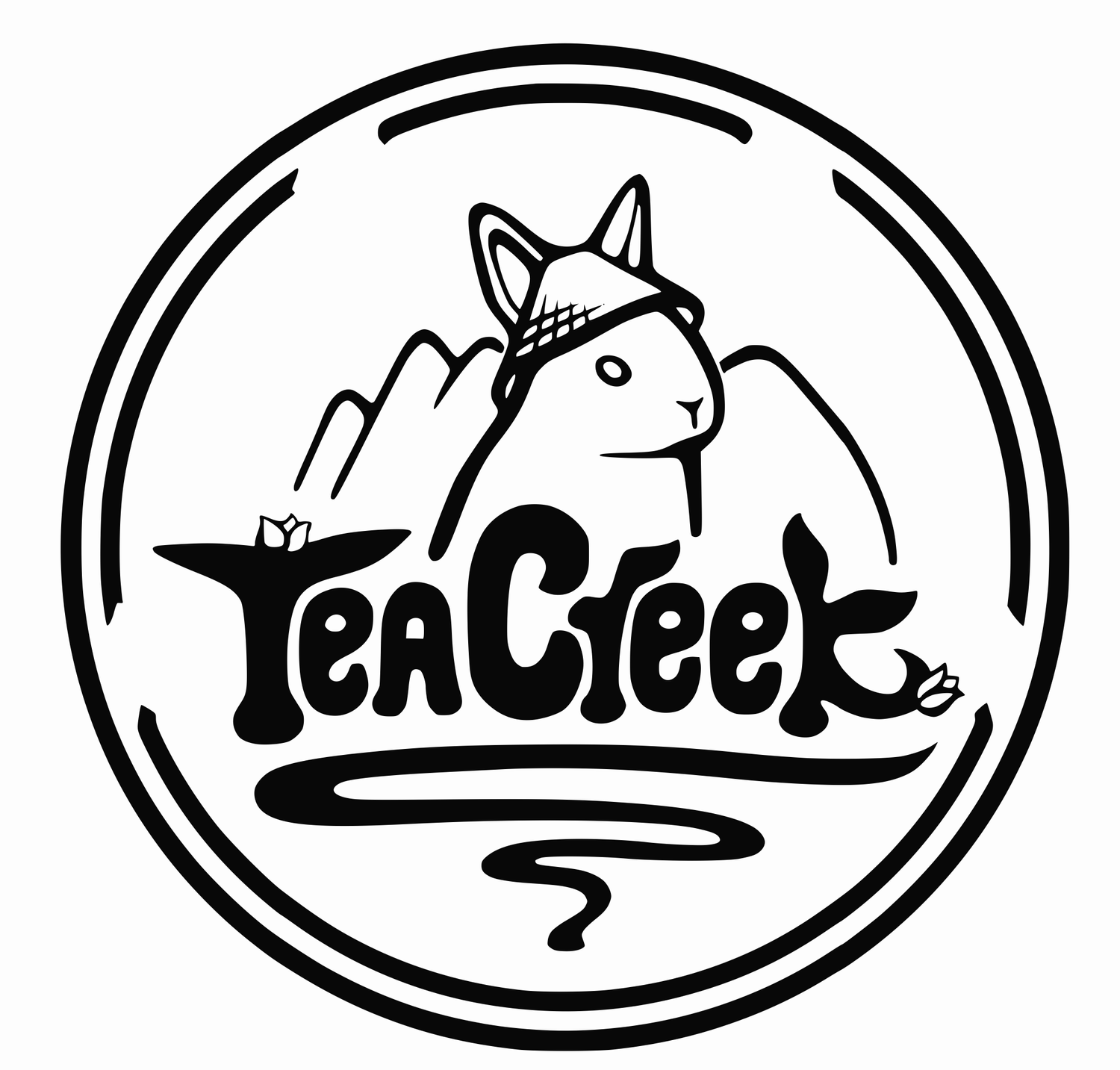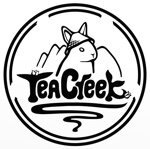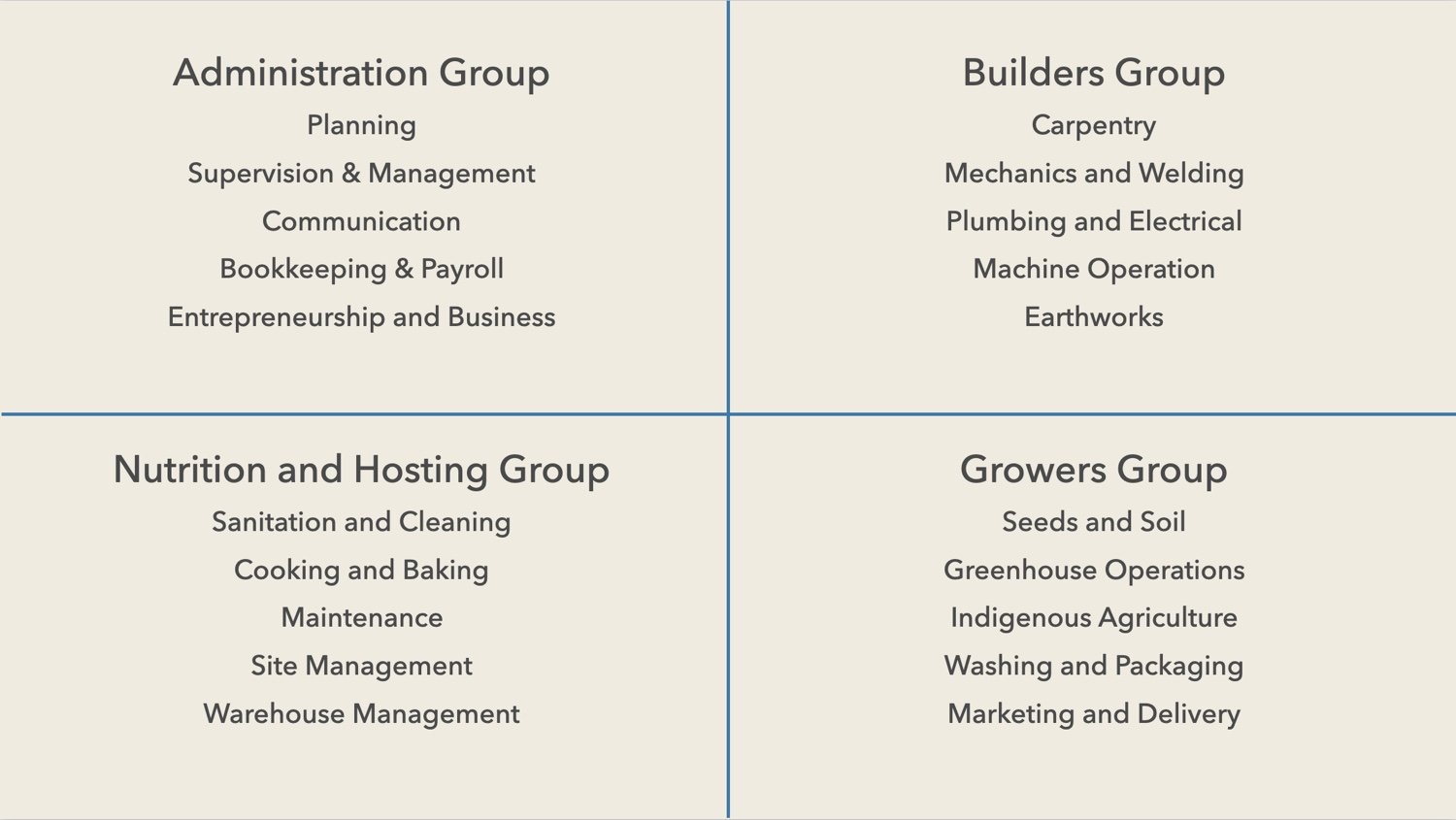About Tea Creek Training
-
Our training group sizes range from 3 to 6 people, allowing for the most possible hands-on learning experiences with instructors and mentors.
Compare this to classes of 15-20 people in regular training programs.
Tea Creek offers many times more learning experiences per day compared to regular training providers.
-
A majority of our staff are Indigenous, at every level of our organization. A majority of decisions made are by Indigenous people. This is a substantial difference and is a major contributor to our culturally-safe environment.
-
Whenever possible we learn and work outdoors. We embrace hands-on learning and education-supported mutual mentoring. All our programming is outdoors, land-based, and rooted in culture and practical daily tasks - the same way our ancestors learned.
-
Our whole environment strives to be safe for Indigenous people. We value and respect our Indigenous cultural perspectives and realities at all times. We work within cultural circles of safety. We always seek solutions that maintains Indigenous cultural integrity and safety.
-
Local transportation to and from Tea Creek is provided to all trainees. We have 2 vans to shuttle participants from our B&B, and also our 3 local Gitxsan communities. We also arrange transportation from Witset and the Hazeltons when possible.
-
Food is sacred, and an important part of our culture. Breakfast and hot lunches are cooked fresh daily on-site and offered to all trainees, participants, and guests. We share meals together. In 2022, we served over 7,000 hot meals.
-
Living Allowances are available for eligible participants and trainees to help cover the costs of living while in our training. In 2022 this rate was $174/ week
-
Personal Protective Equipment (PPE) is provided to all trainees, participants, and guests on site. PPE includes hi-viz, hats, ear and eye protection. We also have footwear available. Grads from training are gifted their PPE to keep.
-
Tea Creek offers direct apprenticeships in trades such as Carpentry, HEO, Professional Cook, and more. This means participants can earn hours towards their tickets. They can also challenge tickets and red seal exams through us, and do coursework on our site toward a SkilledTrades BC (ITA) ticket. Apprentices can also have past employment and self-employment hours recognized. Please contact us for more information.
-
Accommodation options are available at our Bunkhouses for those traveling in from further away.
-
Working with our partners, Tea Creek offers training employment. Each year, wages are our biggest expense.
In 2023, Tea Creek is offering paid full time apprenticeships and work experience to select graduates who show up, work hard, dedicate themselves, and are recommended by their instructors. We are filling a total of 30 positions over the season.
Supported by Skilled Trades BC (Formerly the ITA BC)
Our non-profit IFSA is supported by Skilled Trades BC (ITA BC) and we are now able to recognize hours on our site. We can set up trainees as sponsored apprentices, and eligible hours can be earned towards ITA-recognized tickets and red seals!
Click here to see all the possible trade experiences offered at Tea Creek!
Experience our 4 Quadrants
To work toward our vision, we need a range of skills developed across what we call our 4 Quadrants. All our training falls into at least one of these quadrants. Some training, such as our Intro to Indigenous Agriculture intensives give trainees opportunities to explore each quadrant.
Who: Open to all Indigenous people (age 16 and up)
What: We will be running training programs all season
When: Intakes are open starting now
Where: At Tea Creek in Kitwanga BC
Cost: There is no cost to trainees
How Long: Trainings last from 1 day up to 8 weeks long
Supports: Transportation, gear, and nutrition will be provided. We will provide referrals to other programs and job references and referrals for eligible participants.
Length of Programs: There are seasonal training cohorts running from January - November.
Please note - we cannot accept participants and trainees who have special needs, or may be a danger to themselves or others on site. Exceptions can be made for participants who are safe and attend with an appropriate support worker.




